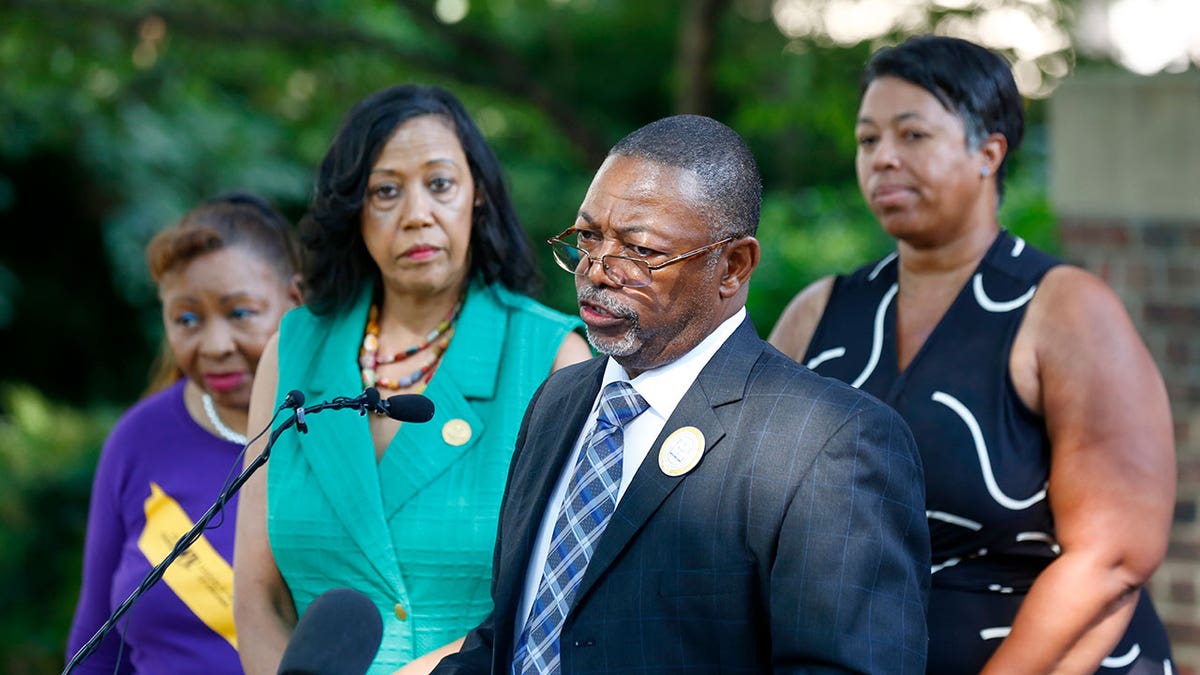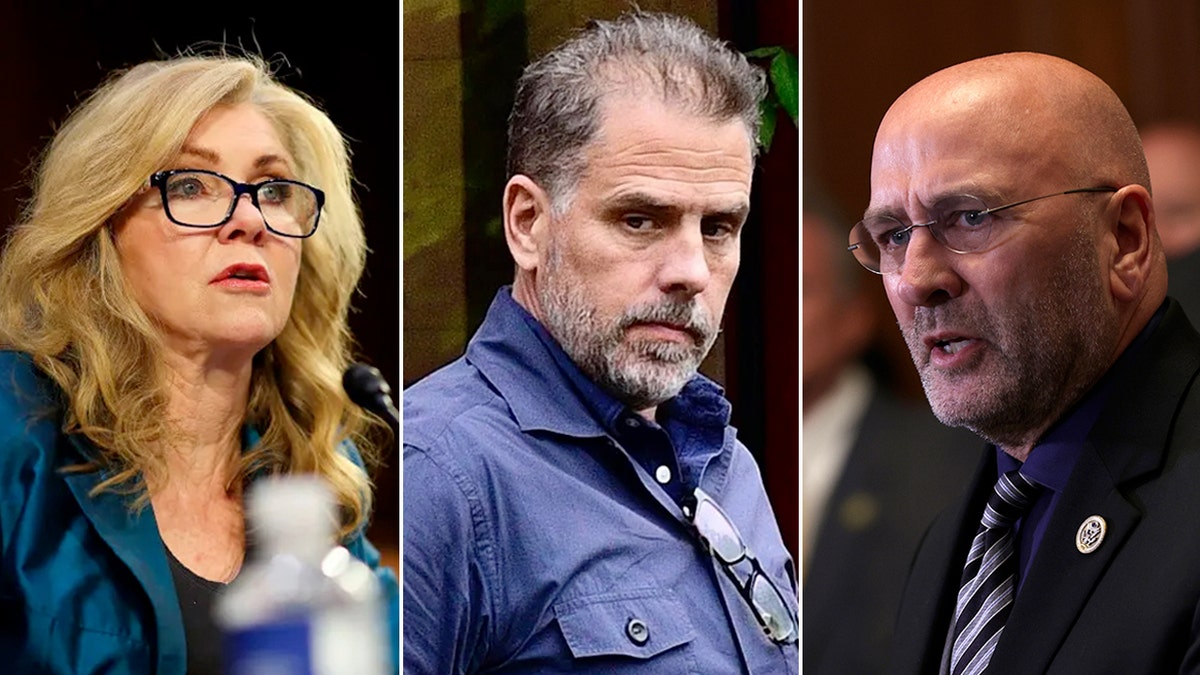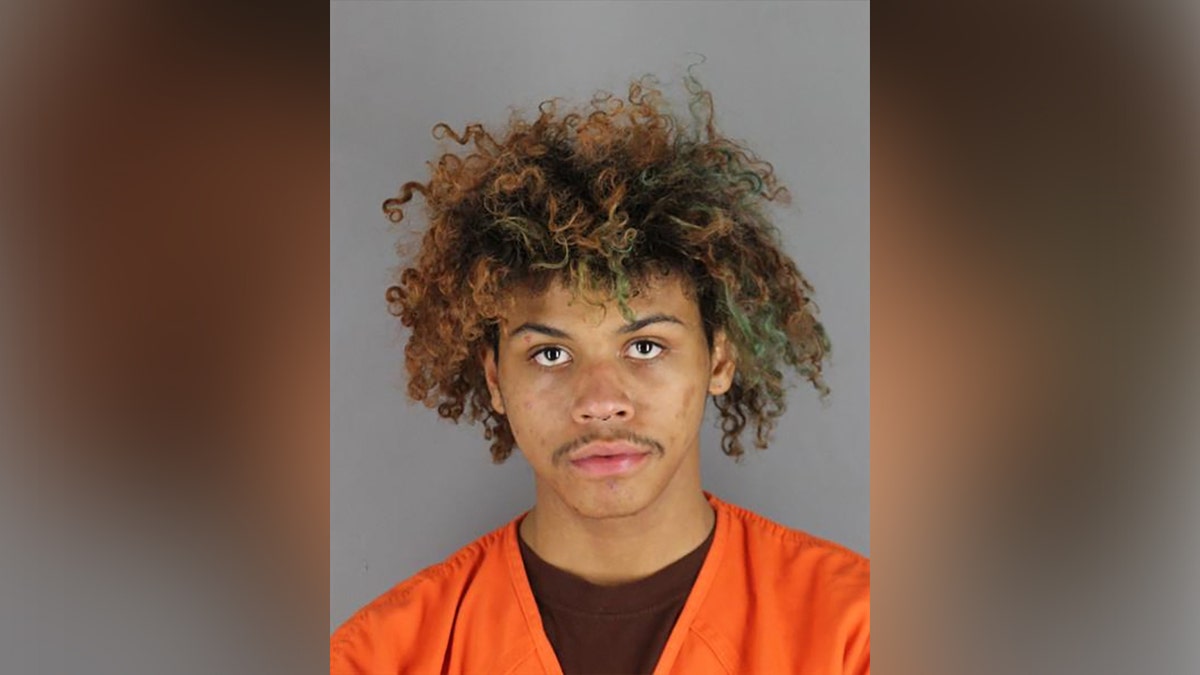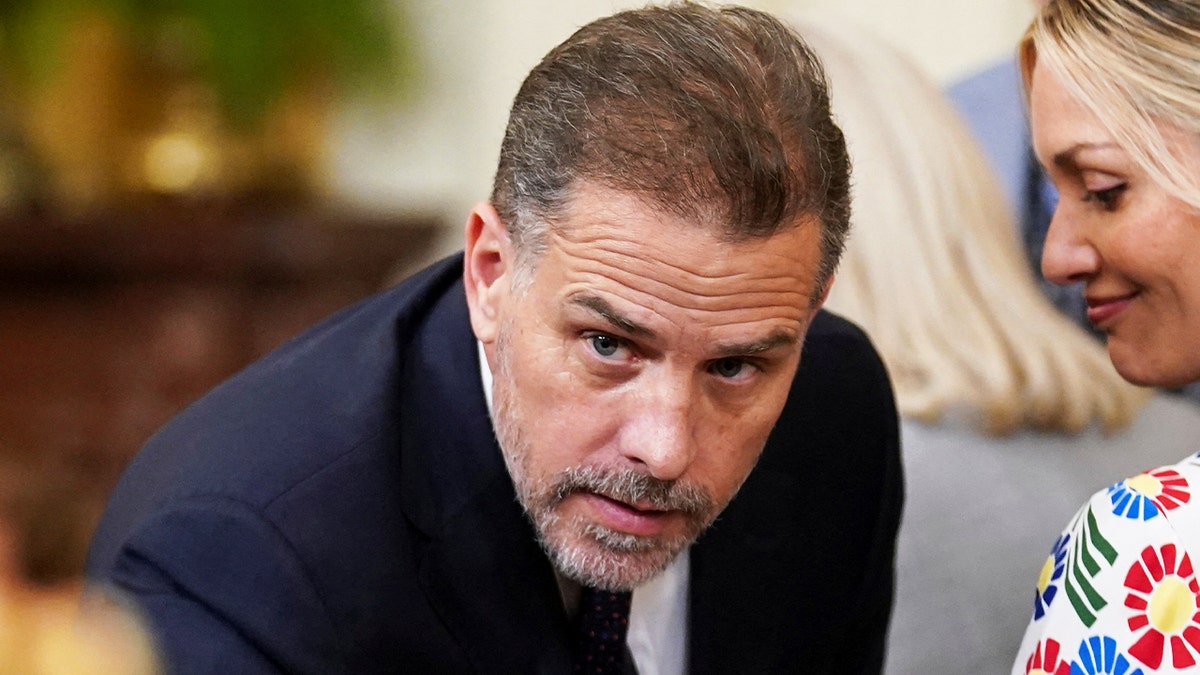The Virginia NAACP is advocating for greater transparency in the process of restoring voting rights to convicted felons who have completed their sentences. The organization argues that the current system under Governor Glenn Youngkin lacks clear, publicly accessible criteria and raises concerns about potential discrimination against people of color.
Previously, Virginia employed a partially automated system for restoring voting rights, used by three of Youngkin's predecessors. However, the Youngkin administration shifted away from this approach, prompting criticism and two lawsuits. Critics argue that the new process is opaque and lacks clear standards for granting or denying applications.
NAACP Virginia State Conference President Robert Barnette Jr. expressed worry that the slow and unclear process could disproportionately affect Black Virginians and other communities of color. In a letter to Governor Youngkin, the NAACP voiced concerns that factors like race, voting history, or location might influence application decisions.
The Youngkin administration denies considering race, religion, or ethnicity in the process. Governor Youngkin also stated that an individual's geography and voting record are not factors. Secretary of the Commonwealth Kay James clarified that the governor prioritizes restoring rights to non-violent offenders and is less inclined to quickly restore rights to those who used firearms in their crimes. However, she noted there can be exceptions to this general rule.

The case of Toni Heath Johnson, who was released from prison in August 2022 after serving time on drug charges, highlights the challenges faced by individuals seeking to regain their voting rights. Johnson applied for restoration shortly after her release but found herself listed as "ineligible" months later. She is now a plaintiff in a lawsuit challenging Virginia's automatic disenfranchisement of felons.
Another lawsuit contends that the discretionary process employed by the Youngkin administration is unconstitutional. The NAACP, after reviewing hundreds of documents obtained through public records requests, reports that the specific criteria used by the administration remain unclear. Documents reveal changes to the state website describing the process, shifting from language suggesting eligibility to an emphasis on the application process.
The records also shed light on the complex review process, which involves communication with various agencies and reliance on databases that have experienced technical difficulties. Despite the challenges, the documents also capture the positive experiences of individuals whose rights were successfully restored.
Virginia has a significant number of citizens disenfranchised due to felony convictions, with Black Virginians disproportionately affected. This issue continues to be a subject of debate and legal challenges.








